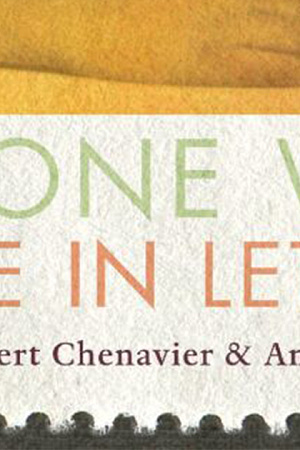Letters – March 2025
Citational justice
Dear Editor,
Mark Finnane’s article ‘Citational Justice: A revolution in research practice?’ (ABR, January-February 2025) provides an enlightening discussion of the drawbacks of using an author’s cultural identity as the key decision-making criterion in academia and publishing.
To illustrate his broader point, Finnane provides the example of a pitch to The Conversation that was rejected after an editor learnt that he was not working with an Indigenous co-author. The rejected pitch, on estimates of Indigenous deaths at the hands of colonial police, had clear academic merit. Based on this and questions he was asked by an editor, Finnane suggests that his proposal was rejected because he did not have an Indigenous co-author. However, it is not The Conversation’s policy to make decisions on that basis, for the very good reasons touched on in Mr Finnane’s article. On matters relevant to Aboriginal and Torres Strait Islander communities, it is desirable to involve Indigenous academics or knowledge holders, and we always seek to establish if this has occurred. But we only accept a tiny sliver of the hundreds of pitches that come in every week, and editorial decisions weigh a large number of considerations, with newsworthiness and relevant author expertise chief among our concerns.
Misha Ketchell, Editor, The Conversation
Continue reading for only $10 per month. Subscribe and gain full access to Australian Book Review. Already a subscriber? Sign in. If you need assistance, feel free to contact us.






